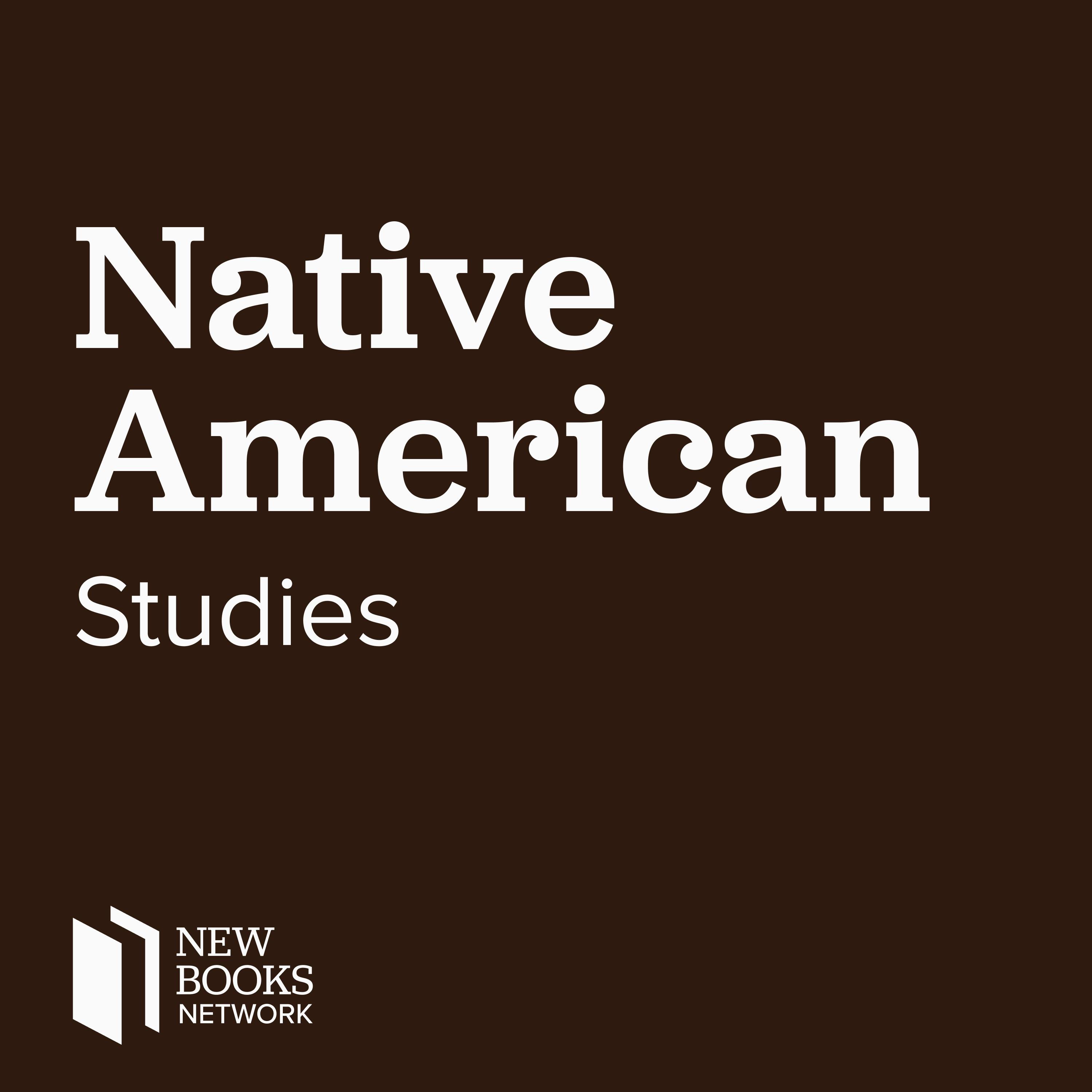Marcy Norton, "The Tame and the Wild: People and Animals after 1492" (Harvard UP, 2024)
Description
In The Tame and the Wild: People and Animals after 1492 (Harvard University Press, 2024), Dr. Marcy Norton offers a dramatic new interpretation of the encounter between Europe and the Americas that reveals the crucial role of animals in the shaping of the modern world.
When the men and women of the island of Guanahani first made contact with Christopher Columbus and his crew on October 12, 1492, the cultural differences between the two groups were vaster than the oceans that had separated them. There is perhaps no better demonstration than the divide in their respective ways of relating to animals. In this book, Dr. Norton tells a new history of the colonisation of the Americas, one that places wildlife and livestock at the centre of the story. She reveals that the encounters between European and Native American beliefs about animal life transformed societies on both sides of the Atlantic.
Europeans’ strategies and motives for conquest were inseparable from the horses that carried them in military campaigns and the dogs they deployed to terrorise Native peoples. Even more crucial were the sheep, cattle, pigs, and chickens whose flesh became food and whose skins became valuable commodities. Yet as central as the domestication of animals was to European plans in the Americas, Native peoples’ own practices around animals proved just as crucial in shaping the world after 1492. Cultures throughout the Caribbean, Amazonia, and Mexico were deeply invested in familiarisation: the practice of capturing wild animals—not only parrots and monkeys but even tapir, deer, and manatee—and turning some of them into “companion species.” These taming practices not only influenced the way Indigenous people responded to human and nonhuman intruders but also transformed European culture itself, paving the way for both zoological science and the modern pet.
This interview was conducted by Dr. Miranda Melcher whose forthcoming book focuses on post-conflict military integration, understanding treaty negotiation and implementation in civil war contexts, with qualitative analysis of the Angolan and Mozambican civil wars.
Learn more about your ad choices. Visit megaphone.fm/adchoices
Support our show by becoming a premium member! https://newbooksnetwork.supportingcast.fm/native-american-studies
More Episodes
Historians of the American South have come to consider the mechanization and consolidation of cotton farming—the “Southern enclosure movement”—to be a watershed event in the region’s history. In the decades after World War II, this transition pushed innumerable sharecroppers, tenant farmers, and...
Published 04/28/24
How do bureaucratic documents create and reproduce a state’s capacity to see? What kinds of worlds do documents help create? Further, how might such documentary practices and settler colonial ways of seeing be refused?
Settler Colonial Ways of Seeing: Documentation, Administration, and the...
Published 04/23/24
The past several decades have seen a massive shift in debates over who owns and has the right to tell Native American history and stories. For centuries, non-Native actors have collected, stolen, sequestered, and gained value from Native stories and documents, human remains, and sacred objects....
Published 04/18/24


